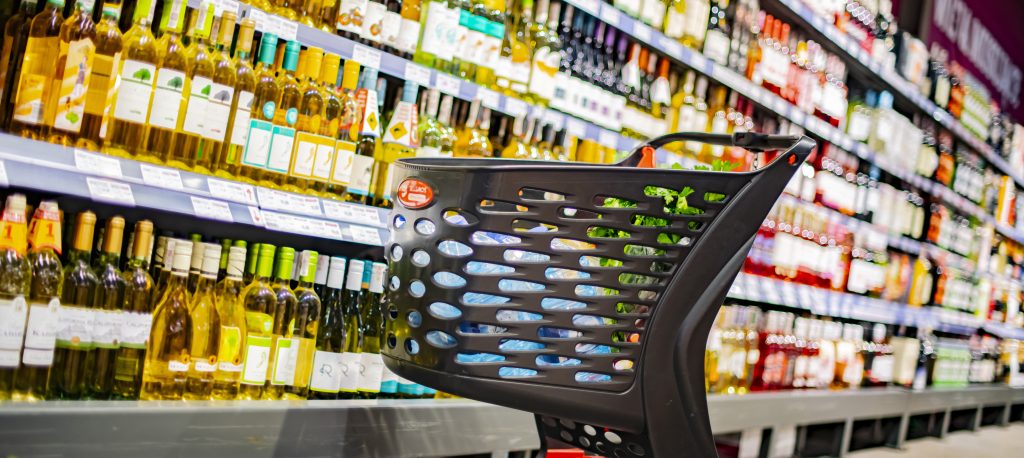This website uses cookies so that we can provide you with the best user experience possible. Cookie information is stored in your browser and performs functions such as recognising you when you return to our website and helping our team to understand which sections of the website you find most interesting and useful.
Kantar: grocery inflation falls – but not out the woods yet
UK grocery price inflation continued to fall throughout September and is now at the lowest point since last July, the latest data from Kantar has revealed.

But before you relax too much, it is worth noting that it is still double the ‘highest point in a decade’ that was reported in April 2022. Retail analysts Kantar reported grocery price inflation is now at 11% for the four weeks to 1 October 2023, with retailers increasingly looking at different ways to allow customers to offset the continuing high price.
Tom Steel, strategic insight director at Kantar, noted as well as the price of some staples falling, helping to ease the overall inflation rate, the proportion of groceries bought on deal had increased to 26.5% in the latest 12 week period – the highest level since June 2022 – reflecting retailers’ moves to provide value at the tills.
He said: “Supermarkets are looking at all the different ways they can deliver value at the tills and while the emphasis for some time has been on everyday low prices, the retailers are starting to get the deal stickers out again.
“Spending on promotions made up over a quarter of all sales in the latest 12 week period at 26.5%, the highest level since June 2022.”
The warmest summer on record has also boosted sales of more summery items, he added.
Spend across the retails increased by 7.7%, Kantar said, with Tesco seeing positive results with sales up 9.2% in the latest 12 weeks, pushing its market share up 0.4 percentage points to 27.4%.
However, it was Lidl that proved the fastest growing retailer, the first time since April, with sales up 15.2% pushing its market share to 7.6%, up 0.5 percentage points year on year. Hot on its heels was Aldi, with sales up 14.9%, boosting its market share by 0.6 percentage points to 9.9%.
Sainsbury’s also grew its market share on the back of a 9.1% sales boots, to 14.8% while Asda and Morrisons saw their market share slip to 13.7% (down from 14,9% this time last year) and 8.6% respectively, on more muted sales growth of 2.1% and 2.9%.
Waitrose saw a more promising month, on sales growth of 5.3%, and online trips up 3.1% year-on-year for the first time since December 2021. It comes amid reports that the upmarket retailer could partner with Amazon for grocery delivery services, following a similar move made by Iceland last month. Morrisons has had a grocery delivery deal in place with Amazon since 2016 and the Co-op in 2021.
Co-op saw sales grow by 3.3%, with its market share now at 6.1% (down 0.3 percentage points since last year), while Ocado grew sales by 9.6% to take 1.7% of the market.
Related news
Eminent Greek winery founder dies aged 82
Sherry Week celebrates gastronomic potential of historic wines
Spain 'needs to learn how to market our fine wines', producer claims

